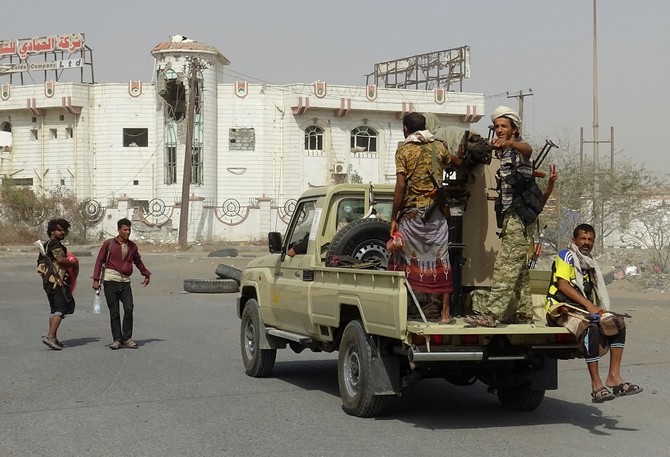RIYADH: Major Saudi companies, including chemical company SABIC, dairy firm Almarai, and Saudi Electric Co., are well-positioned to handle the impact of higher fuel and feedstock prices introduced on Jan. 1, according to a new report.
Released by capital market economy firm S&P Global, the analysis reveals that those corporates will be able to absorb the marginal increase in production costs by further improving operational efficiencies as well as potentially via pass-through mechanisms.
This came after Saudi Aramco increased diesel prices in the Kingdom to SR1.66 ($0.44) per liter, effective Jan. 1, marking a 44.3 percent rise compared to the start of 2024. The company has kept gasoline prices unchanged, with Gasoline 91 priced at SR2.18 per liter and Gasoline 93 at SR2.33 per liter.
Despite the hike, diesel prices in Saudi Arabia remain lower than those in many neighboring Arab countries. In the UAE and Qatar, a liter of diesel is priced at $0.73 and $0.56, respectively, while in Bahrain and Kuwait, it costs $0.42 and $0.39 per liter.
“For SABIC and Almarai, the increase in feedstock prices will not affect profitability significantly. In the case of utility company, SEC, additional support will likely come from the government if needed,” the report said.
The capital market economy firm projects that SABIC will continue to outperform global peers on profitability.
“We don’t expect the rise in feedstock and fuel prices to materially affect profitability, since the company estimates it will increase its cost of sales by only 0.2 percent,” the report said.
It further highlighted that SABIC is considered a government-related entity with a high possibility of receiving support when needed.
The report also underlines that Almarai anticipates an additional SR200 million in costs for 2025, driven by higher fuel prices and the indirect effects of increased expenses across other areas of its supply chain.
“We believe Almarai will continue focusing on business efficiency, cost optimization, and other initiatives to mitigate these impacts,” the release stressed.
With regards to SEC, S&P said that an unrestricted and uncapped balancing account provides a mechanism for government support, including related to the higher fuel costs.
“We believe any increased fuel cost will be covered by this balancing account,” the report said.
The study further highlights that the marginal increase “could significantly affect wider Saudi corporations’ profit margins and competitiveness.”
The S&P data also suggests that additional costs will be reflected in companies’ financials from the first quarter of 2025.
“Saudi Arabia is continuing its significant and rapid transformation under the country’s Vision 2030 program. We expect an acceleration of investments to diversify the Saudi economy away from its reliance on the upstream hydrocarbon sector,” the report said.
“The sheer scale of projects — estimated at more than $1 trillion in total — suggests large funding requirements. Higher feedstock and fuel prices would help reduce subsidy costs for the government, with those savings potentially redeployed to Vision 2030 projects,” it added.


























